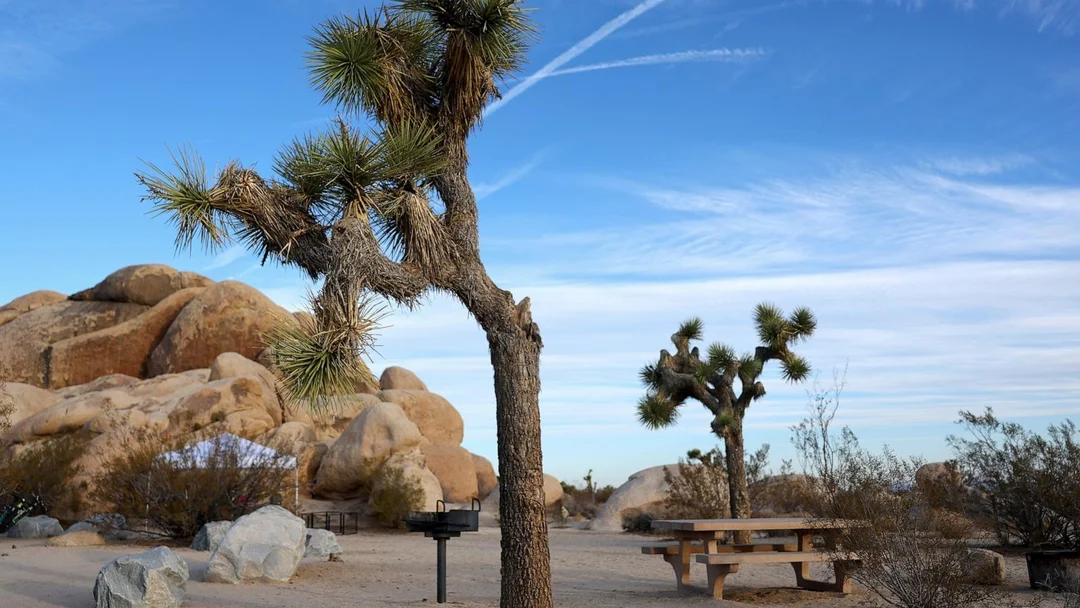
Federal Court Ruling Breathes Hope for Joshua Trees’ Survival
In a pivotal moment for environmental conservation, a federal court in California has ruled against the U.S. Fish and Wildlife Service (FWS) in its efforts to deny protections for the Joshua tree under the Endangered Species Act. This ruling signals not only a victory for environmental advocates but also a call to attention regarding the impacts of climate change on vulnerable species.
The Central District of California's decision, announced on May 13, 2025, challenged the FWS's determination that neither species of Joshua tree—Yucca brevifolia and Yucca jaegeriana—required protections. The court sided with WildEarth Guardians, which argued that the agency had overlooked critical climate science when assessing the trees' threats.

This iconic tree, defined by its twisted branches and rugged beauty, has become symbolic of the Mojave Desert. However, multiple studies have indicated that changing climatic conditions are contributing to severe risks, such as increased wildfires, which threaten their survival. Jennifer Schwartz, managing attorney for WildEarth Guardians, remarked that the FWS's decision reflected “a massive disconnect from what the best available science shows.”
In its defense, the FWS had claimed that the trees would continue to thrive despite various threats, including climate change and habitat loss. Paul Souza, Regional Director for the Service, stated that “Joshua trees will remain an iconic presence on the landscape into the future.” However, environmentalists argue the analysis inadequately addressed the reality of the rapid environmental changes occurring in the region.
The ruling also highlighted flaws in the agency's assessment timeline and methodologies, specifically criticizing its narrow focus on the mid-21st century. By not considering the broader implications of climate change beyond this immediate future, the FWS was deemed to be ignoring crucial data that calls for stronger protections.

As the court ordered the FWS to conduct a more thorough scientific review of the potential protections for Joshua trees, advocates hope this decision will usher in a new era of accountability and recognition of the urgent need for conservation in the face of climate change. Casey Bage, a legal fellow for WildEarth Guardians, emphasized that the ruling serves as a reminder that we must fully confront the threats posed by human-induced climate change.
As we reflect on this important court ruling, one question arises: How can citizens advocate for vulnerable species in their own communities? Share your thoughts and experiences in the comments below!